Euno
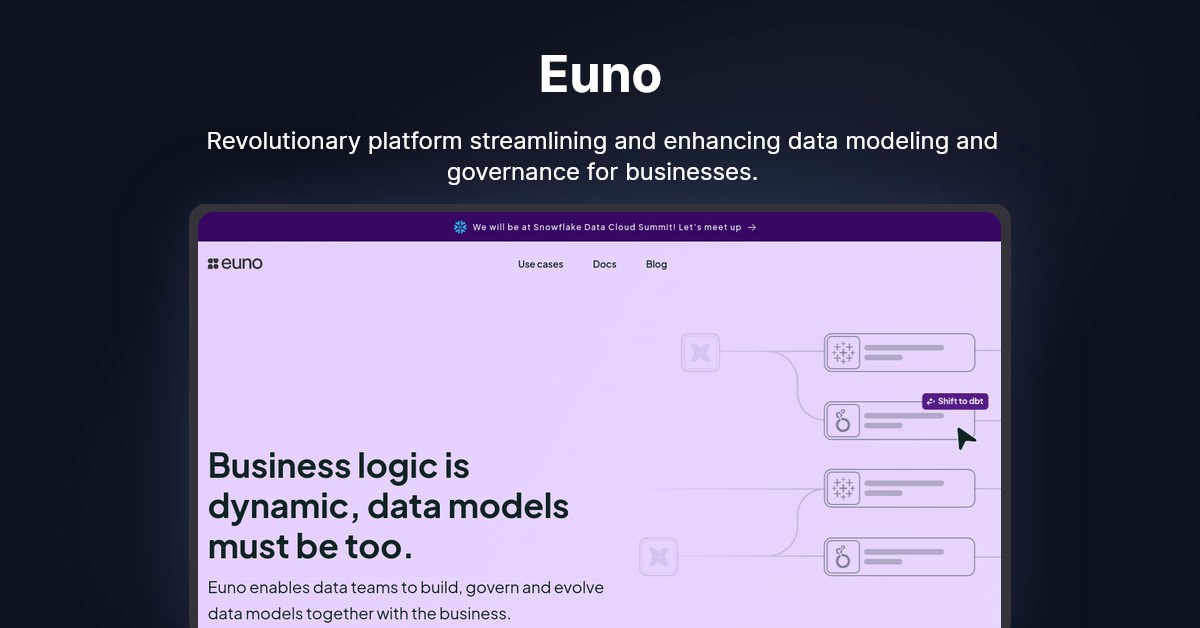
Euno is a revolutionary platform designed to streamline and enhance the data modeling and governance process for businesses of all sizes. It operates on the principle of shifting business logic left, allowing data analysts to focus on answering critical business questions while it takes care of integrating their logic into dbt™ (data build tool). This approach helps maintain an updated source of truth across all tools, ensuring consistency and reliability in your data models at any scale.
Euno integrates effortlessly with your existing data stack, providing zero onboarding lift. It enables data teams to collaboratively build, govern, and evolve data models in sync with business needs. Automated guardrails flag duplicates and conflicts to maintain the integrity of your data models.
Euno is packed with features designed to simplify and enhance the data governance process, including rapid dbt™ materialization, frictionless data model governance, and automated guardrails. These features translate into significant benefits such as reduced bottlenecks in collaboration, elimination of inconsistencies, and cost savings in data model governance.
Highlights:
- Revolutionary platform for data modeling and governance
- Shifts business logic left for data analysts
- Seamless integration with existing data stack
- Automated guardrails for maintaining data model integrity
- Empowers businesses to scale efficiently
Key Features:
- Seamless Integration
- Dynamic Data Modeling
- Automated Guardrails
- Rapid dbt™ Materialization
- Frictionless Data Model Governance
Benefits:
- Reduced bottlenecks in collaboration
- Elimination of inconsistencies in data models
- Cost savings in data model governance
- Enhanced scalability and consistency
- Empowers data teams to focus on analysis
Use Cases:
- Self-Serve Analytics
- Scalable Data Model Governance
- Collaborative Data Modeling
- Empowering Data Analysts
- Ensuring Consistency Across Tools
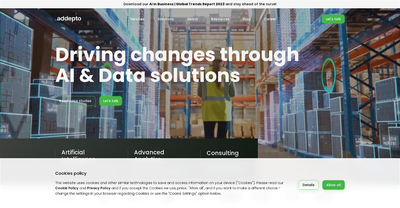


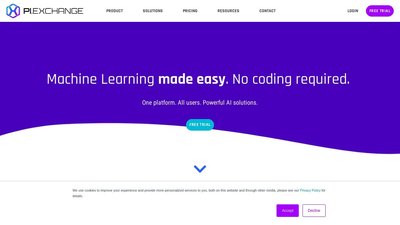
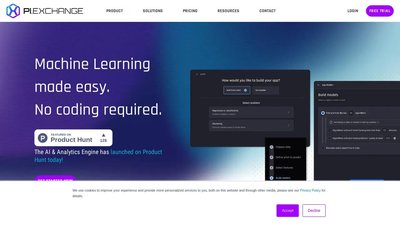
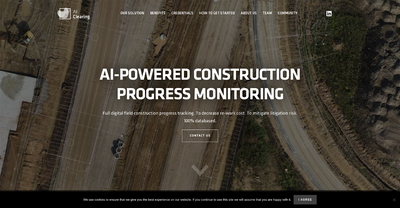
Comments
Please log in to post a comment.